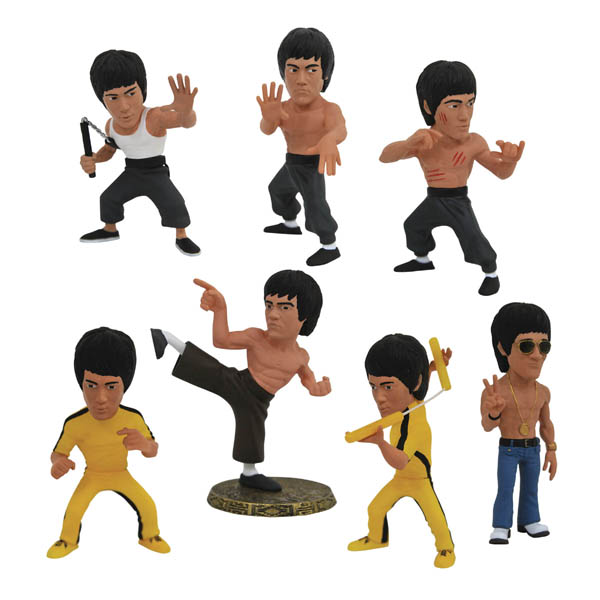
It would be easy to lay all the blame at the feet of George Lucas. Where once the speculative spectacle questioned the existence of man within the cosmos, today it's all Westerns with robots. Instead of reaching for intelligence and stretching the boundaries of imagination, it decides to take hoary old cliches, lots of narrative formula and one man's F/X-laced legacy, and completely rewrite the rules of acceptability. It's been dominated for decades by a single storytelling dynamic. Horror can be subtle, offensive, gory and satiric, while action never ever seems to find sure footing.īut the situation with sci-fi is different. All categories of film go through phases comedies veer wildly from sophisticated to gross as dramas emerge from a stint in suburban seriousness and into dour self-indulgent drivel.


When one charts the course of cinema's entire history, such bumps in the aesthetic road are really par for the commercial course. But it seems a real shame that the one literary ideal best suited for the most visual of all mediums is constantly countermanded by issues that have nothing to do with either art form's visionary nature. There are several villains in this creative cabal, elements and individuals that want to see the motion picture category cater to fanboys, geeks and the easily entertained.

With exceptions that are becoming rarer and rarer as the new millennium marches forward, and an omnipresent production paradigm that substitutes spectacle for smarts, futurist filmmaking is definitely gasping for breath. OK, maybe not actually deceased but definitely on cinematic life support. The serious science-fiction film genre is dead.


 0 kommentar(er)
0 kommentar(er)
